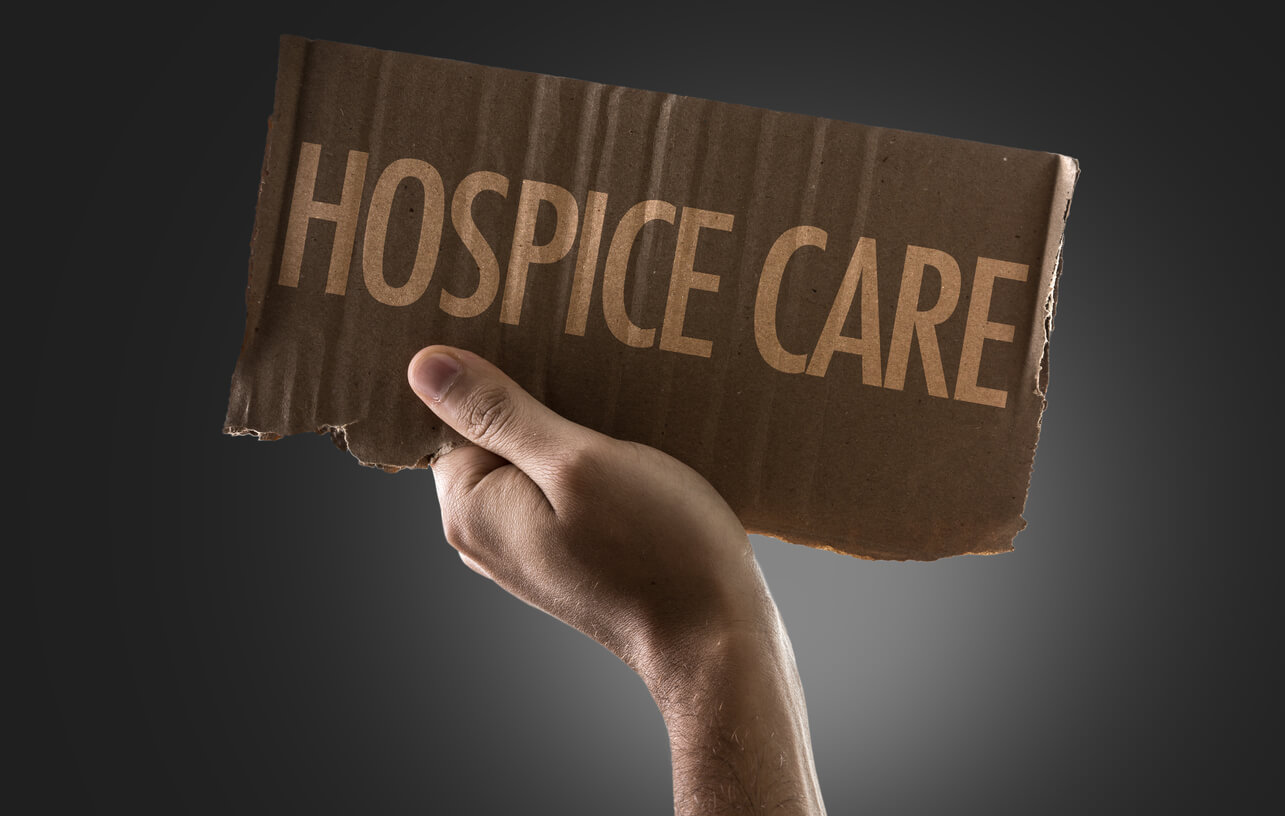
Hearing a doctor say that a loved one is being referred to hospice is sometimes difficult. People often believe this means that the doctor is giving up or there is no hope. Oftentimes, it is helpful to understand why this referral is being made and how it benefits the patient and family. Salus Homecare San Diego provides the following information to help you better understand hospice care.
Is Hospice Appropriate?
Before referring a patient to hospice care, a doctor must first determine if it is appropriate. Their first line of duty in gauging this is understanding the criteria for the program.
To qualify for hospice care, a patient must be diagnosed with a terminal illness and have a life expectancy of six months or less. This does not mean the patient will only live six months. A patient may remain on hospice longer if they pass this six month benchmark. To determine life expectancy, most doctors will look for certain indicators that end of life care might be appropriate. They include:
- The patient is experiencing an overall decline, and curative approaches have been exhausted or are no longer desired by the patient.
- The patient is experiencing frequent or increasing pain that they need help managing. Curative approaches may be adding to that pain.
- The patient is experiencing progressive, noticeable weight loss.
- The patient is sleeping much more or bedbound because of their condition.
It is worth noting that once hospice care is in place, many seniors find relief from some of these symptoms. Gaining weight, getting out of bed and rediscovering more normal sleep patterns are all common once pain is managed. Increased emotional and spiritual support are also tied to a decrease in physical pain.
Is the Family Emotionally Ready?
Even when a doctor makes a recommendation for hospice care, it is ultimately the patient’s decision to accept these services. Most patients make this decision in consult with their family. Before making this choice, it is important to come to terms with some of the emotions you are experiencing. They often include grief, shock, disbelief and sadness. Hospice’s emotional and spiritual support often helps families to work through these emotions and gain some acceptance. Understanding these benefits of end of life care is often helpful.
Will My Loved One Qualify for Hospice Care?
After coming to terms with the need for hospice care and having an understanding of the benefits, most families want to know if their loved ones will qualify. For patients with Medicare, the individual must be entitled to part A coverage. They must also have a physician’s certification for their terminal illness, and the physician must provide a prognosis of six months or less as long as the disease follows its normal course.
What is the Pre-Election Evaluation for Hospice Care?
Once a doctor determines that hospice care is appropriate, a hospice agency like Salus Homecare San Diego visits the patient for a pre-election evaluation and counseling services. The patient’s needs for pain management and symptom relief are evaluated during this visit. The patient is also provided with information about advanced care planning (DNR, living will, healthcare power of attorney, etc.), hospice care and other end of life care options. At this point, the patient remains in control of the decision as to whether or not to accept hospice care. This service may also be discontinued by the patient at any time and for any reason after services are initiated.
Hospice is not something to be afraid of. It is a beneficial service that provides hope when the end of life is near. It is not about dying and rather, empowers seniors to better enjoy all the time they have left. If your loved one is faced with a terminal diagnosis, understanding hospice care can help you make the right decision. If you have further questions, contact us. Salus Homecare San Diego is happy to help.
There is no ads to display, Please add some

